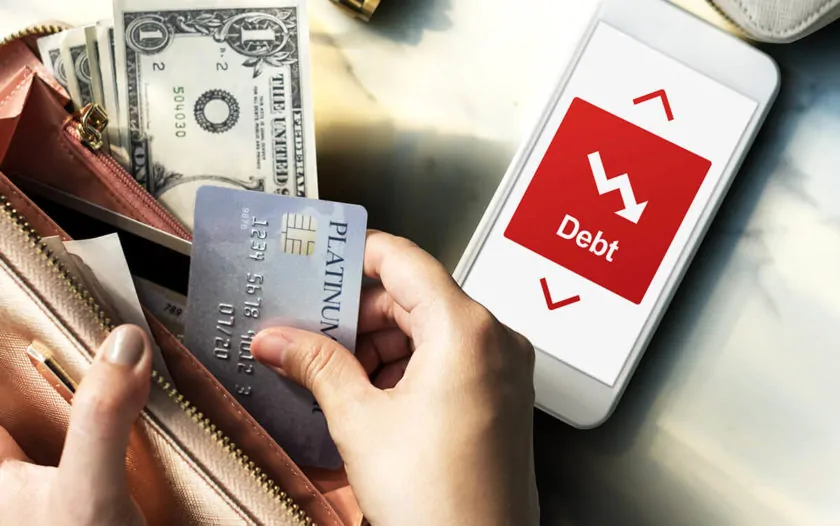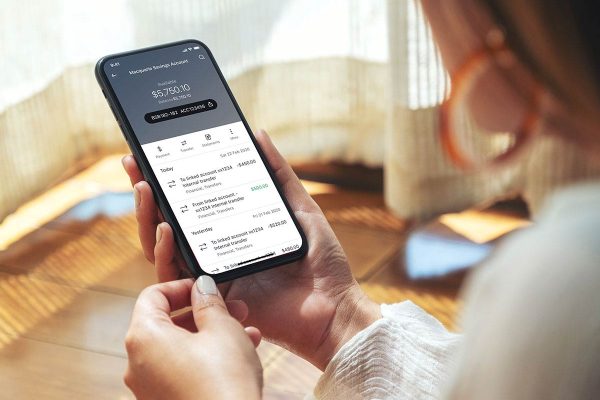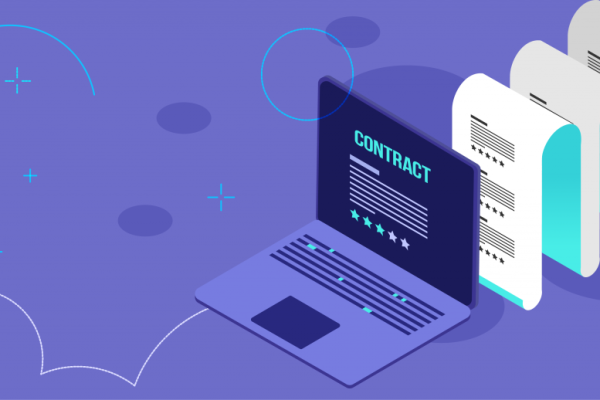Credit cards are a great tool for earning cash back or airline miles for travel. They provide a convenient way to make online purchases or pay for emergency expenses. However, when not used responsibly, credit card debt can quickly spiral out of control.
You may find yourself stuck with multiple high-interest credit card balances that you can no longer afford to pay off. When this happens, it’s important to seek credit card debt help from a reputable source. There are several ways to consolidate credit card debt and get back on track financially.
What Is Credit Card Consolidation?
Credit card consolidation is a strategy employed to pay off multiple high-interest credit card balances with a single, lower-interest loan. The goal is to reduce the annual percentage rate (APR) you’re paying on your credit card debt, and make monthly payments more manageable.
How Does Credit Card Consolidation Work?
The credit card consolidation process starts with finding a lender who is willing to offer you a loan at a lower interest rate than the APR you’re currently paying on your credit card debt. Once you’re approved for the loan, you use the funds to pay off your outstanding credit card balances in full. You’re then left with just one monthly payment to make – the payment on your consolidation loan.
You can go through this process alone, or you can work with a credit counseling agency. They can help you find a consolidation loan with favorable terms. They may be able to negotiate with your creditors to get them to lower the interest rates you’re paying on your credit card balances.
Ways to Consolidate Credit Card Debt
There are several ways to consolidate credit card debt, each with its own set of pros and cons. The method you choose will depend on your financial situation and goals.
Balance Transfer Credit Cards
A balance transfer credit card allows you to transfer the balance of one or more high-interest credit cards to a new card with a lower interest rate. Many balance transfer credit cards offer an introductory 0% APR period, which can last for 12 to 21 months. This can give you some much-needed breathing room to pay down your debt.
The key to success with a balance transfer credit card is to make sure you pay off your debt before the introductory period expires. Otherwise, you’ll be stuck with a higher interest rate and may end up worse off than you were before.
Pros
- Introductory 0% APR period can save you money on interest
- Some cards offer rewards, such as cash back or points, that you can use to offset the cost of the transfer fee
Cons
- You may be charged a balance transfer fee of up to 3% to 5% of the amount transferred
- You’ll be stuck with a higher interest rate if you don’t pay off your debt before the introductory period expires
- It requires a good to excellent credit score of 670 or higher to qualify
Personal Loans
You can take out a debt consolidation loan from a bank, credit union, or online lender to pay off your outstanding credit card balances. The loan is paid back in fixed monthly payments over a set period of time. This can make them easier to budget for than revolving credit card debt, which can fluctuate month-to-month.
Personal loans have lower interest rates than credit cards, which can save you money on interest over time. It’s important to keep up with your installments payments on your personal loans. If you stop making the payments, your bank or credit union may take steps to collect the debt, which could include taking money out of your bank account. This process is called “right of offset”, and you can find information to help you better understand how it works at www.FreedomDebtRelief.com.
Pros
- Fixed interest rates and monthly payments make budgeting easier
- Some lenders make direct payments to your creditors
- You can qualify with a good credit score of 640 or higher
Cons
- You may be charged origination and other fees
- Difficult to get low interest rate with bad credit
- It can take a few weeks to get funded
Home Equity Loans and Lines of Credit
You can take out a home equity loan or line of credit to consolidate your credit card debt if you own a home. Because these loans are secured by your home, they usually come with lower interest rates than unsecured loans. It can be a good choice if you have equity in your home and are comfortable putting your home up as collateral.
A home equity loan gives you cash that you repay in fixed monthly payments over a set period of time. A home equity line of credit (HELOC) works like a credit card. You’re given a line of credit that you can borrow from as needed, up to a certain limit. You only pay interest on the amount you borrow, and you can make minimum monthly payments as low as the interest charges.
Pros
- Lower interest rates than unsecured loans
- You can use the equity in your home as collateral
- Can be used for other purposes beyond consolidating debt
Cons
- If you don’t make payments, you could lose your home
- Takes time to qualify and get funded since it’s a secured loan
- You may not be able to borrow as much as you need because of the value of your home
Consider 401(k) Savings
In some cases, you may be able to take out a loan from your 401(k) savings to consolidate your credit card debt. The interest you pay on the loan is lower than the interest rate on credit cards, and the money you borrow is paid back to yourself. (northpointewellness.org)
However, there are risks to consider before taking out a 401(k) loan. If you leave your job, you may have to pay the loan back in full within a short period of time. This could put you in a difficult financial situation if you’re not prepared.
If you can’t repay it, the loan is considered a distribution and is subject to income taxes. You may also be charged a 10% early withdrawal penalty if you’re under age 59½.
Pros
- The money you borrow is paid back to yourself
- No credit check is required
- Lower interest rate than credit cards
Cons
- It may derail your retirement savings plan
- If may be costlier in the long run if you’re unable to repay it
How Credit Card Debt Consolidation Affects Your Credit Score
If you’re consolidating your credit card debt with a loan or balance transfer, there’s a chance your credit score could drop in the short term. This is because you’re adding new debt, which can increase your credit utilization ratio. Your credit utilization ratio is the amount of debt you’re carrying divided by your credit limit. It’s a key factor in your credit score, and you want to keep it below 30%.
For example, let’s say you have a $5,000 credit limit and you’re carrying a balance of $2,500. Your credit utilization ratio would be 50%. If you took out a $3,000 loan to consolidate your debt, your credit utilization ratio would increase to 60%. That could lead to a drop in your credit score.
The impact on your credit score should be temporary. If you keep your spending in check and make all your payments on time, your credit score should rebound within a few months. Your credit utilization ratio will also improve as you pay down your debt.
Get Credit Card Debt Help through Debt Consolidation
With commitment and discipline, you can pay off your credit card debt. There are several ways to consolidate debt, and the best option depends on your individual circumstances.
Weigh the pros and cons of each option and choose the one that makes the most sense for you. Consider how it will affect your credit score and whether you’re comfortable with the risks involved. You can also talk to a financial advisor to get help with debt consolidation.




